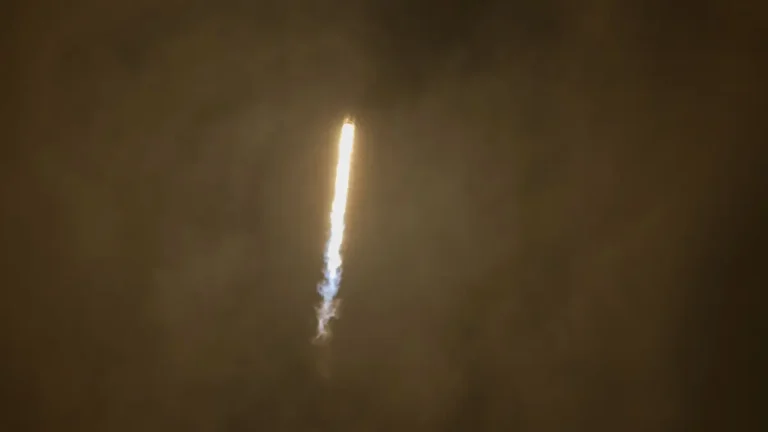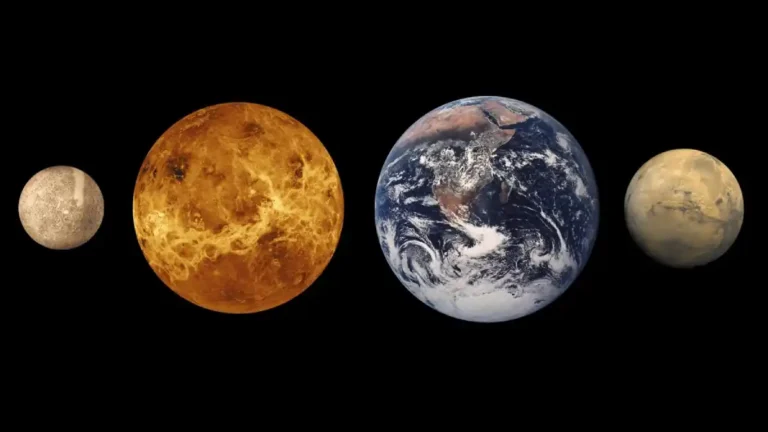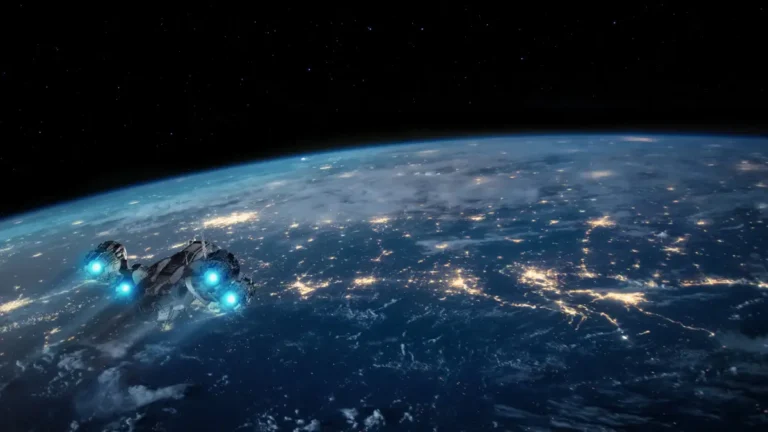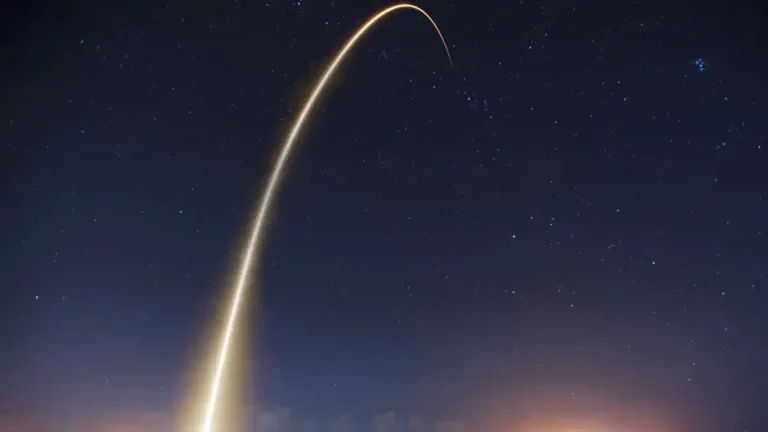The Wind We Do Not Shape
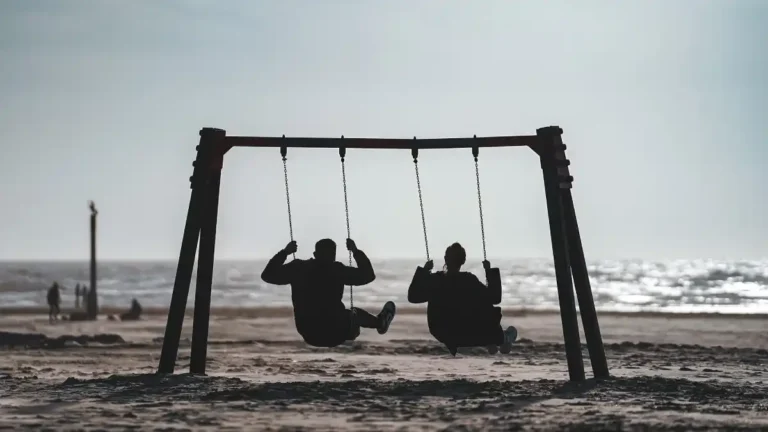
Like Jeremy Renner peeling off his bomb suit, we’re facing a world wired to explode. Decades of denial, magical thinking, and political theatre have brought us here. We can’t fix the storm, can’t vote it away, can’t inspire the sleepwalkers. All that’s left is to study the wind, accept the blast, and grin through the debris.

